Writing
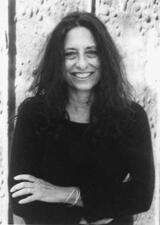
Carol Gilligan
The pioneering work of American psychologist Carol Gilligan changed the way the field of psychology studied women and, arguably, the way society views women. Challenging mainstream psychology through her interrogation of the accepted benchmarks of moral and personal development, she proposed that women and men have different moral criteria and follow different paths in maturation.
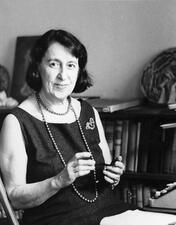
Mirra Ginsburg
Natalia Ginzburg
Natalia Ginzburg was an Italian novelist, short story writer, essayist, and political activist. Ginzburg is considered one of the greatest Italian writers of the twentieth century, and her award-winning literary work is recognized for its exploration of family relationships and politics throughout fascism in modern Europe and during World War II.
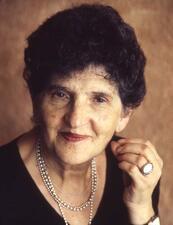
Margo Glantz
Margo Glantz is a Mexican-Jewish writer, journalist, literary critic, and academic. Born in Mexico City in 1930, Glantz demonstrates tremendous versatility as a writer and thinker who strongly identifies with Mexican, Jewish, Catholic, and indigenous practices and beliefs.
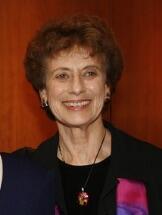
Penina Migdal Glazer
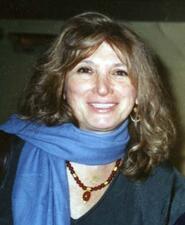
Nora Glickman
Argentine-born Nora Glickman is a prolific dramatist and short story and non-fiction writer, translator, editor, and professor of Latin American literature.
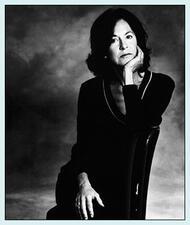
Louise Glück
Louise Glück, American poet, essayist, and educator, was the recipient of the 2020 Nobel Prize in Literature, as well as numerous other awards for her writing; she also served as poet laureate of the United States from 2003 to 2004. One finds the personal, the mythological, and the Biblical woven intricately throughout Glück’s oeuvre.
Eleanor Glueck
For half a century, Eleanor Glueck worked with her husband, a professor of criminology at Harvard Law School, to produce studies of juvenile delinquency and adult crime. In addition to statistical modeling of crime, they did follow-up studies to understand the roots of criminal behavior.
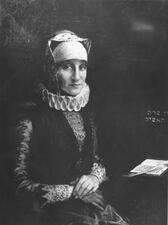
Glueckel of Hameln
Born into an affluent family in Hamburg, Glückel of Hameln became the business partner of her beloved first husband. She began writing memoirs in 1691, after her husband’s death. These memoirs are incredibly detailed, combining a meticulous record of her life and descriptions of events that occurred in local Jewish communities. Her memoirs are both a singularly important social and historical document and one of the greatest literary achievements of Ashkenazi prose–in Yiddish or Hebrew–at least until the end of the eighteenth century.
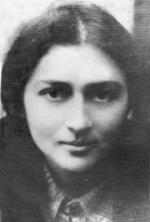
Mire Gola
A passionate idealist, Mire Gola organized anti-German resistance in World War II as a Communist in occupied Poland. She inspired others with her eloquent poetry and her fortitude through imprisonment and torture.
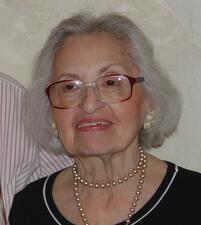
Doris Bauman Gold
Doris Bauman Gold was motivated by her long participation in Jewish organizational life to found Biblio Press, dedicated to educating Jewish women about their own history and accomplishments. Through Biblio Press, Gold published more than 27 general audience books that address and illuminate the culture, history, experiences, and spiritual yearnings of Jewish women.
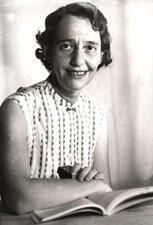
Lea Goldberg
Esther Schiff Goldfrank
Although she never earned a degree in anthropology or taught a class, Esther Schiff Goldfrank made significant contributions to the field through her studies of communities as disparate as Pueblo Indians and New Yorkers.
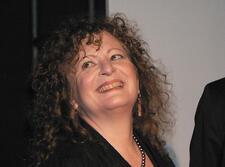
Nan Goldin
Starting in the 1970s, Nan Goldin used her camera to document her own life and that of her friends, her alternative family. Her pictures revealed intimacy and violence, love and abuse, sexuality and addiction, in the downtown punk scene of New York in the 1980s, a world subsequently devastated by AIDS. She adopted a slide show format to be a mirror to her friends, and ended up mirroring their lives to the outside world.
Emma Goldman
Emma Goldman was a potent voice of anarchism in North America and Europe in the early twentieth century, and her controversial beliefs made her many powerful enemies. Yet even after enduring many contentious interactions with law enforcement, Goldman continued to speak, write, and teach on freedom and individual rights, inspiring her followers to question authority at every turn.
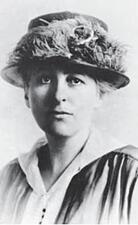
Josephine Clara Goldmark
Josephine Goldmark laid the groundwork for transforming American labor laws by amassing data that forced lawmakers to confront the painful realities of factory work. At the National Consumers’ League, she compiled data on working conditions, wrote articles, led campaigns for legislative reform, and recruited her brother-in-law, Louis D. Brandeis, to argue for those reforms in court.
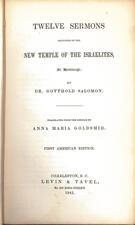
Anna Maria Goldsmid
Anna Maria Goldsmid was a Victorian Jewish advocate of women’s education and Jewish emancipation who made a name for herself as a translator, lecturer, philanthropist, and poet.
Luba Robin Goldsmith
In 1902, Luba Robin was the first woman to graduate from the school of medicine at the Western University of Pittsburgh (later the University of Pittsburgh). Her career combined private medical practice, teaching, writing, lecturing, and active participation in educational, social, and public health work.
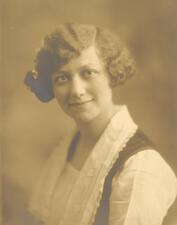
Rose (Berman) Goldstein
An early advocate of increased rights and responsibilities for women in Jewish life, Rose Goldstein was a prominent leader in the National Women’s League of the United Synagogue of America. She published a book detailing her relationship between scripture and her own self-understanding in 1972.
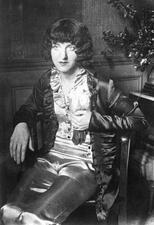
Claire Goll
Claire Goll’s poetry and prose were fueled by the tragedies and scandals that shaped her life. She and her husband, writer Yvan Goll, were central cultural figures of the French avant-garde, and her prolific body of work includes journalism, multiple novels, short fiction, and numerous translations of other authors’ works.
Allegra Goodman
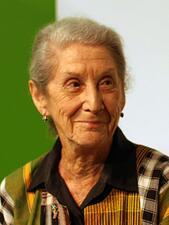
Nadine Gordimer
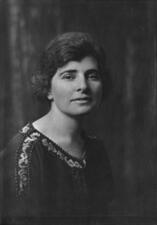
Dorothy Lerner Gordon
Dorothy Lerner Gordon—musician, broadcaster, author—dedicated her talents to the entertainment and education of children and young people. Throughout her career, she created radio programming to give children access to literature, music, and current events.
Jaimy Gordon
Jean Gordon
Jean Gordon had two successful careers in her lifetime, as a founder of the Advance Pattern Company and as the owner and publisher of Dance Magazine. Through her work with Dance Magazine, she led the publication to financial stability and to a prominent place in the dance world.


